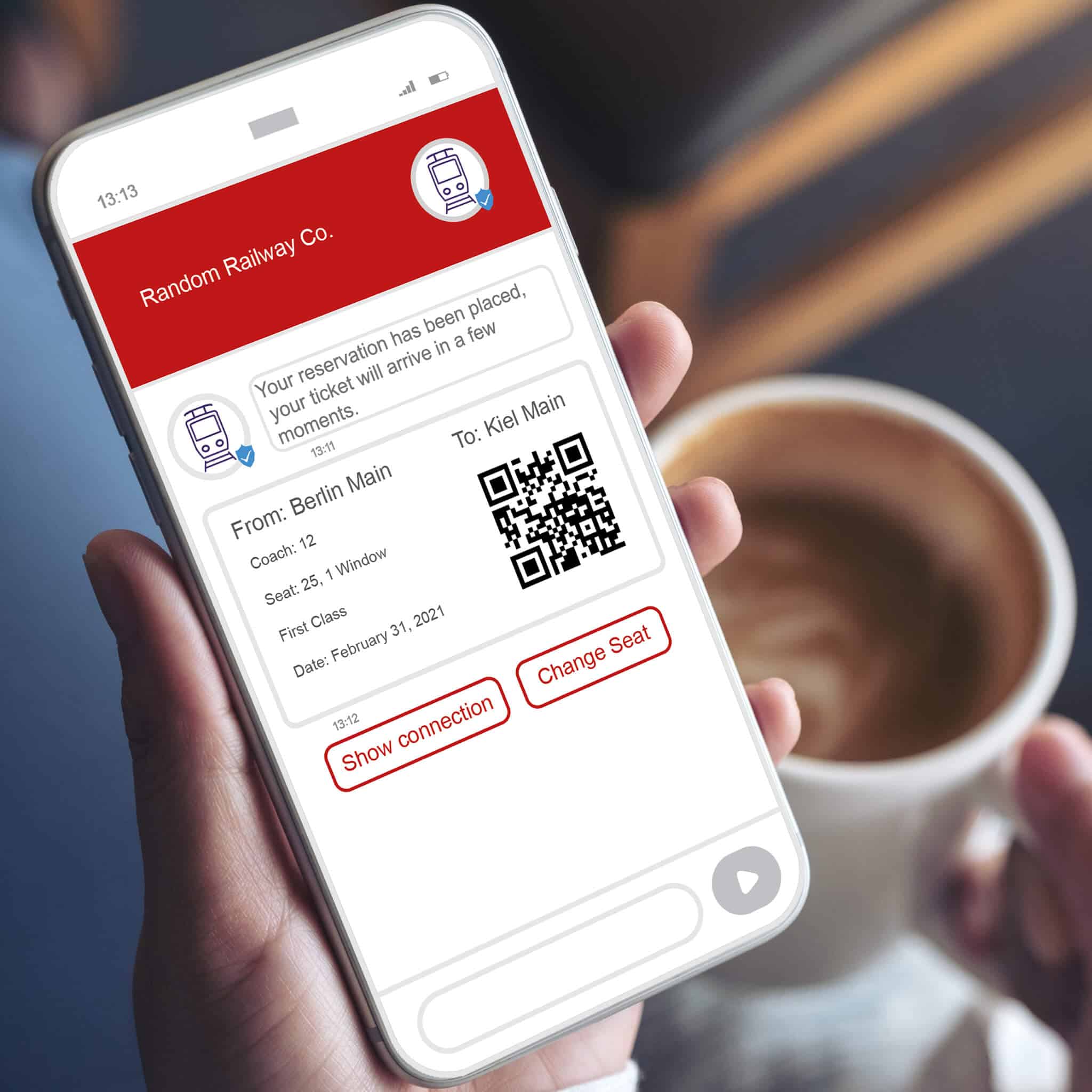Last year, we provided information on the development of RCS and reported on the difficulties Google encountered on the road to successful implementation. Lately however, we have not seen any updates about the “successor of the SMS”, so we looked into it. Our research showed: RCS is already implemented throughout Germany (according to GSMA and Deutsche Telekom). Sounds good? Well, in the real world, RCS is not fully available to everyone. What is worse: those who “have” RCS may not know about it.
RCS update: The invisible giant?
RCS for Businesses – Rich Business Messaging (RBM)
Currently, it seems that RCS is only really interesting for B2C and A2P in Germany. At least this is where examples for possible applications seem to offer real benefit over other available services. Of course, RCS is also suitable for P2P communication, but to compete with OTT apps will be very difficult for a new service, especially at this stage.
At this point we also have to ask ourselves how useful RBM can be if there is no clear communication about how and when the target group can use the medium at all. Creating trust in a service certainly looks different.
In addition, there is another shortcoming: Even though RCS has already been launched in many parts of the world, a connection to all these networks is not yet guaranteed. So far, only the German providers are connected to each other and there are exceptions here as well.
According to their own statement, however, Telekom is talking to international providers to make interworking possible. Nevertheless, this circumstance does not suggest that it is valuable for companies in Germany to use RBM in the near future.

The thing about end-to-end encryption
In our outlook to the future of A2P messaging, we already mentioned the fact that RCS is not end-to-end encrypted. At the end of May, the blog 9to5Google published an interesting article about this. It reports that a dogfood version of the Google Message App shows that end-to-end encryption (E2EE) is at least being tested. Is this a cause for celebration? Probably not. What is interesting here is a statement by RCS experts from Deutsche Telekom. In a round of questions at the end of 2019, they answered the question of whether RCS would use end-to-end encryption by saying that “end-to-end encryption is not permitted for telecommunications companies [in the EU]”.
So it seems unlikely that E2EE would be available in Germany if Google were to equip its Message App with it.
Honestly, it looks like a lot of time will pass before RCS really becomes visible as the giant the GSMA says it will be. The problem areas range from actual availability in Germany, to the arrangements needed to connect RCS users worldwide, to safety issues that are still unresolved. When all these issues are resolved and companies and private individuals are really able to use RCS, the service can certainly become big. However, the general public might see RCS as a failure at some point if its implementation remains to be this problematic.
We remain curious and will report as soon as we learn something new!
Are you already using RCS? Feel free to leave a comment and tell us about your experience.
Best regards
Source of header picture: iStock.com/NicoElNino